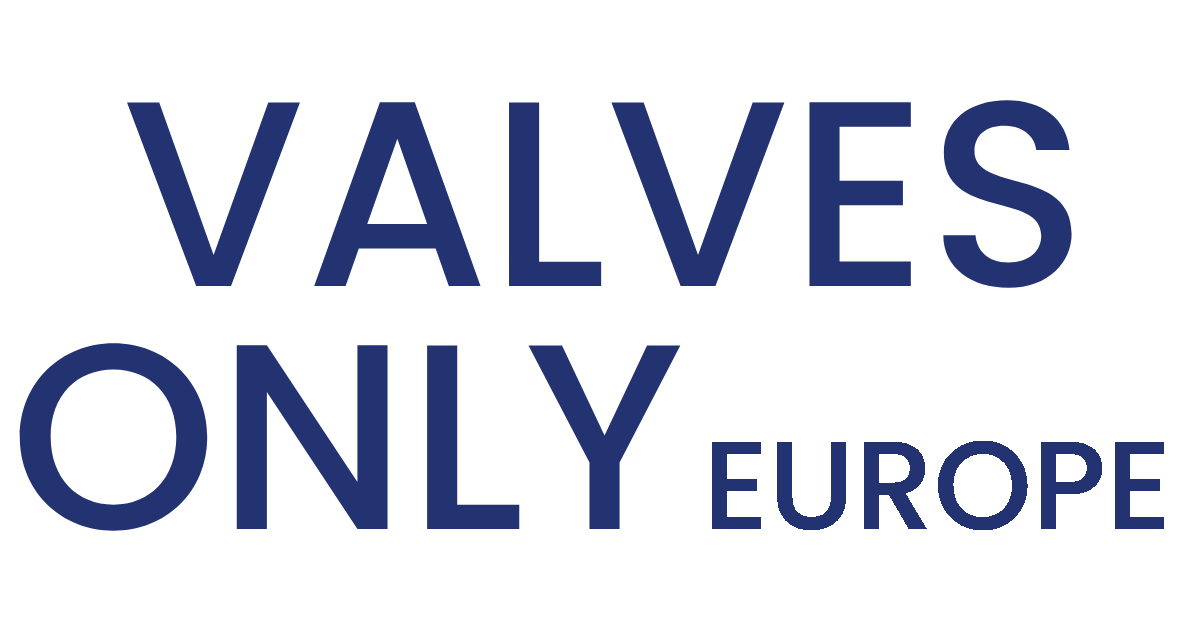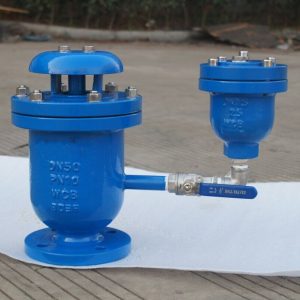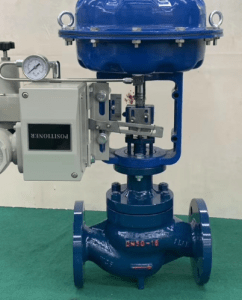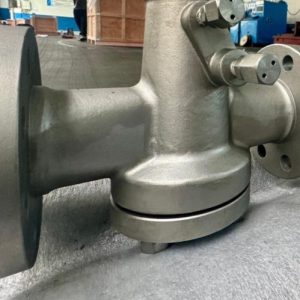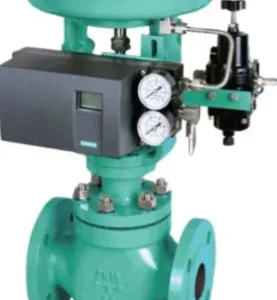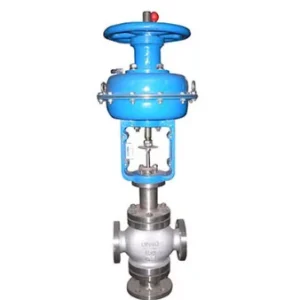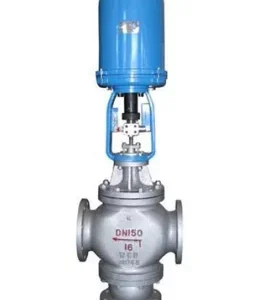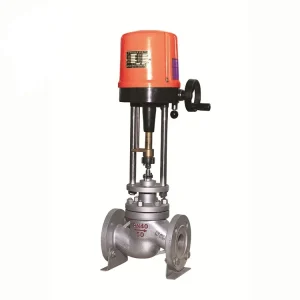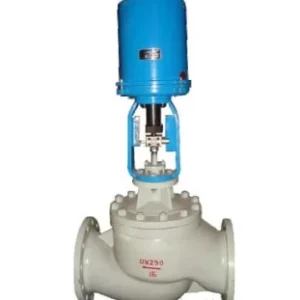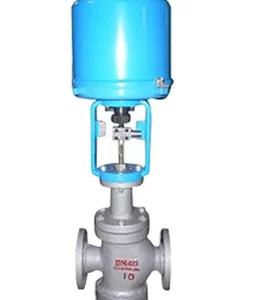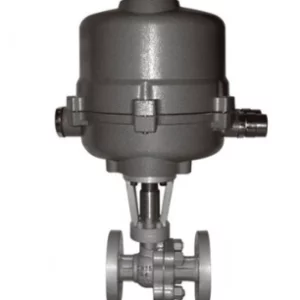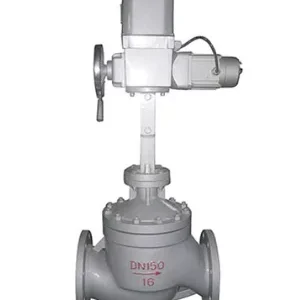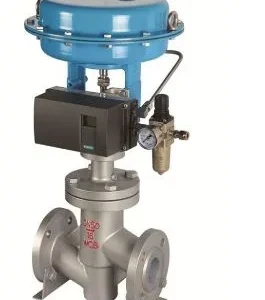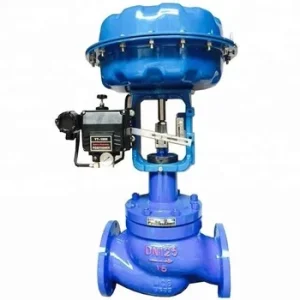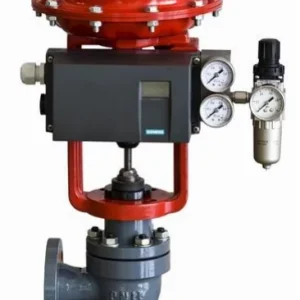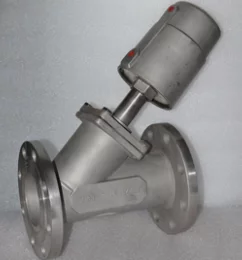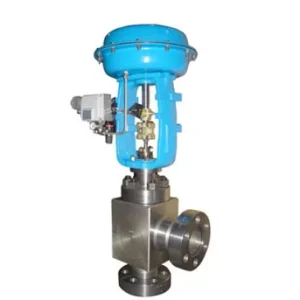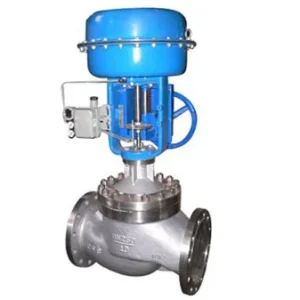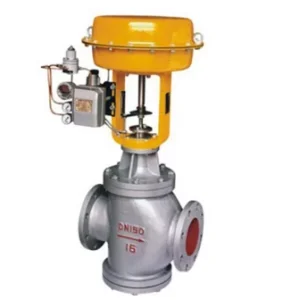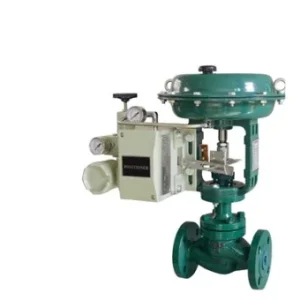Our Shop
Contact us for all your questions and requirements
CONTROL VALVE MANUFACTURERS IN GERMANY
Valvesonly Europe is one of the leading Control valve manufacturers in Germany, and it provides superior control valves for precise flow regulation in factories.
A control valve is a valve used to manage fluid flow by altering the area of passage of flow as a result of controller input. It makes it easy to regulate the flow rate directly, thus enabling control of process components such as liquid level, temperature, and pressure.
Their advantage is their simplicity—they need only compressed air as a power source. Hydraulically controlled valves need high-pressure return and supply pipes of hydraulic fluids, while electric-controlled valves need extra cabling and switchgear.
Why Required?
Control valves are pivotal in ensuring the stability and efficiency of the system. In businesses where precise control of flow is necessary, control valves guarantee the pressure and rates of flow remain within specified boundaries, avoiding system failure, leakage, and down time in production. They serve to enhance the efficiency of a process, cut energy usage, and increase safety. In industries like chemical and power plants, accurate flow control is critical to ensure product quality and operational integrity. This renders control valves a vital component in contemporary industrial installations.
Installation Instructions:
The correct installation of a control valve is necessary for easy operation and long life. Adopt the following main steps at the time of installation:
Selection: Select the proper valve type and size in accordance with the pressure and flow needs of the application.
Positioning: Position the valve in vertical or horizontal position as required by the manufacturer.
Connection: Provide correct piping and valve flange alignment. Employ appropriate gaskets to avoid leakage.
Calibration: Install the control valve with the proper flow rate and pressure settings.
Testing: Once installed, perform a pressure test to ensure no leaks and optimal performance.
How does it work?
Control valves function through regulating the flow of a fluid or gas along a pipe. The valve has an actuator that acts on instructions from a control system. Upon receipt of the signal, the actuator alters the opening of the valve, enabling more or less fluid to be conveyed. The feedback mechanism constantly checks the rate of flow and pressure and makes adjustments in real-time to ensure desired operating conditions.
Functions:
Control flow rate and pressure.
Ensure stable process conditions.
Backflow and system overloading prevention.
Signal response to changing system pressure and temperature.
Emergency shut-off in the event of system failure.
Types of Control Valve:
Three-way control valve
Cage type control valve
Double seat control valve
O type shutoff control valve
Single Seat control valve
Water Control valve
Globe Control valve
Angle type control valve
Components of a control valve:
Valve Body: Structural housing for flow passage, impacting performance and durability.
Actuator: Converts control signals to mechanical motion, adjusting valve plug or disc for flow regulation.
Valve Trim: Components like plug and seat directly interact with fluid flow, controlling characteristics for process efficiency.
Industries:
Oil and Gas
Chemical Processing
Power Generation
Water and Wastewater Treatment
Control valve manufacturers in Germany are vital for a variety of industrial sectors because they assure precise fluid or gas flow regulation for superior operating efficiency and safety. They are widely employed in many different sectors where safety and efficacy facets require precise monitoring.
Description:
Available Materials: Ductile Iron Control Valve, Cast iron Control Valve(WCB, WCC, WC6) LCC, LCB, Stainless Steel (SS316, SS304), Super Duplex (F51, F53, F55)
Class: 150 to 2500
Nominal Pressure: PN10 to PN450
Medium: Air, Water, Chemical, Steam, Oil
Operations: Electric actuated and Pneumatic actuated
Size: 1/2”- 24”
Ends: Flanged, butt weld, socket weld, threaded
Electric actuator details:
Torque – 3 – 9 nm
Operating pressure- 8 Bar
Port Connection-NPT1.4”
Mounting Base-ISO5211
Temperature–20°C – +80°C
Configuration of a Pneumatic Actuator:
4-20 amp
Pneumatic single acting actuators
Pneumatic double acting actuators
Pneumatic rotary actuators
Pneumatic Scotch and Yoke actuators
Pressure: 228 bar
Temperature:
Standard -4°F to 200°F (-20°C to 93°C)
Low -40°F to 176°F (-40°C to 80°C)
High 0°F to 300°F (-18°C to 149°C)
Showing 1–16 of 18 results
